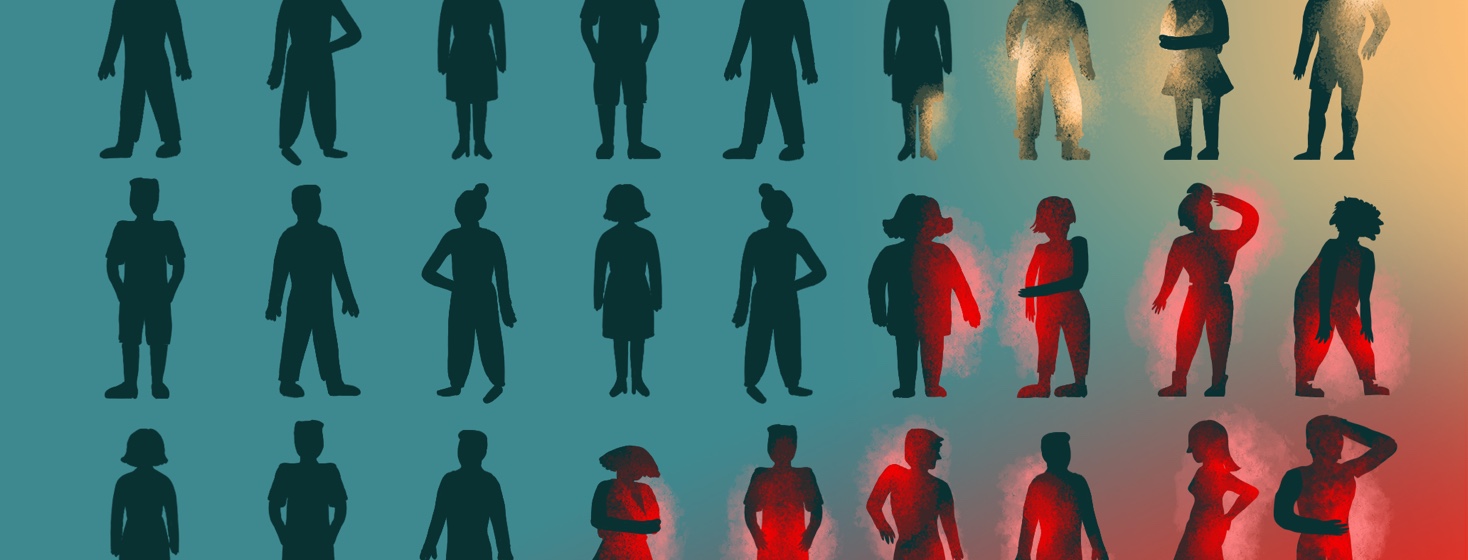Arthritis and Hepatitis C
Arthritis is a word often used to describe joint pain. However, arthritis itself is not a single condition. Arthritis is very common, and is used to describe a variety of different issues that can cause joint pain, stiffness, and swelling. Arthritis can occur for many different reasons, and can affect people of all ages, races, and genders. Over 50 million adults in the United States have some form of arthritis. Common forms of arthritis are osteoarthritis and rheumatoid arthritis.1
People with hep C can experience a variety of symptoms, including arthritis. To get a better understanding of these symptoms, we conducted our 2018 Hepatitis C In America survey. About 35% of survey participants said the experience arthritis, specifically osteoarthritis. Another 12% said they have rheumatoid arthritis.
Why do people with hep C experience arthritis?
There is no clear explanation why individuals with hep C might be more likely to develop joint and muscle pain (including arthritis). One possibly is that inflammatory arthritis (like rheumatoid arthritis) might develop in individuals with hep C as a result of being exposed to the virus for a long time. When the body is fighting a virus all the time for months or years, it may start turning on itself and attacking healthy tissues by mistake. This can lead to rheumatoid arthritis.2,3
What is osteoarthritis?
Osteoarthritis is defined as pain that is related to wear and tear on the joints. This pain is considered degenerative, meaning it worsens with time. As we get older, hurt ourselves, or do lots of strenuous activity, the cartilage that covers our bones can wear down. This cartilage normally protects the joints and prevents bones from rubbing against each other. When the cartilage wears away or is gone, joint pain and stiffness can occur. Since osteoarthritis is mainly the result of wear and tear, it often affects weight bearing joints like the knees, spine, hips, or neck.1
What is rheumatoid arthritis?
Rheumatoid arthritis is an autoimmune condition. Sometimes, the body’s normal infection-fighting cells in the immune system can mistakenly turn on healthy cells. When an individual has rheumatoid arthritis, their body mistakenly attacks their joints, leading to pain, stiffness, and swelling. The cause of rheumatoid arthritis is unknown, however, if the body is constantly fighting an infection (like hepatitis C), it might be more likely to make a mistake and attack the wrong things. Since rheumatoid arthritis is an autoimmune condition, it can affect many joints in the body including the fingers, toes, wrists, soft tissues, and more.2,3
What is cryoglobulinemia?
Cryoglobulinemia (also called cryo), is a condition that is common in individuals with hepatitis C. Individuals with cryo have antibodies that clump together in certain temperatures and can cause joint pain when these antibody clumps are traveling around in the body. For individuals with hep C, cryo may cause pain similar to other forms of arthritis.4 If joint pain is caused by cryo, it often gets better when the underlying hepatitis C infection is treated.2
How is arthritis treated?
Each type of arthritis may be treated differently based on what’s causing it. Osteoarthritis may be treated with NSAIDs (nonsteroidal anti-inflammatory drugs) like ibuprofen. In some cases, if NSAIDs aren’t providing pain relief, low-dose steroids may be used. If an individual has rheumatoid arthritis, they are often treated with DMARDs (disease-modifying antirheumatic drugs), including methotrexate. If an individual has rheumatoid arthritis, they may need to see a rheumatologist to determine the best treatment option. A rheumatologist is a doctor who specializes in treating rheumatoid arthritis and other conditions.2

Join the conversation